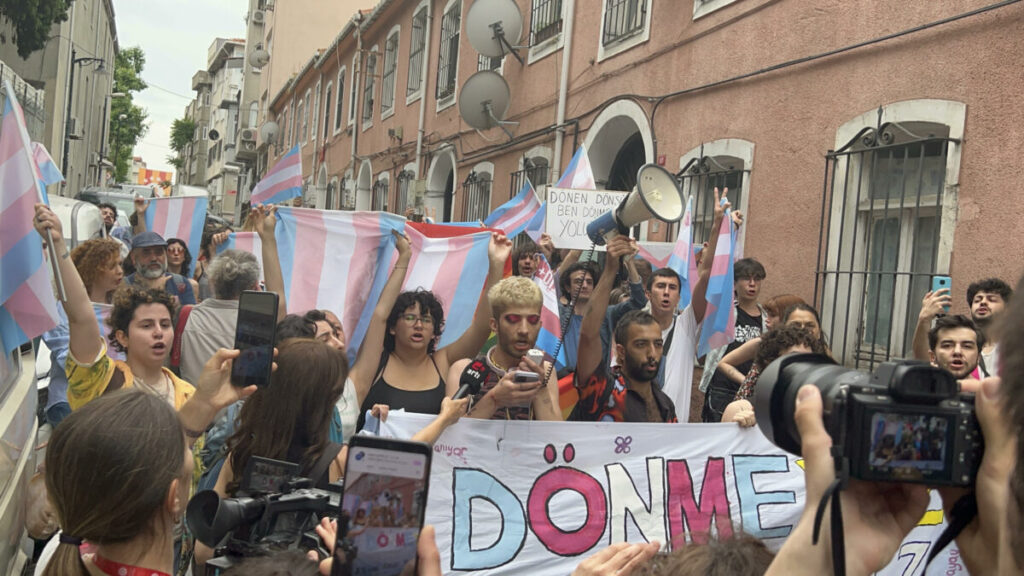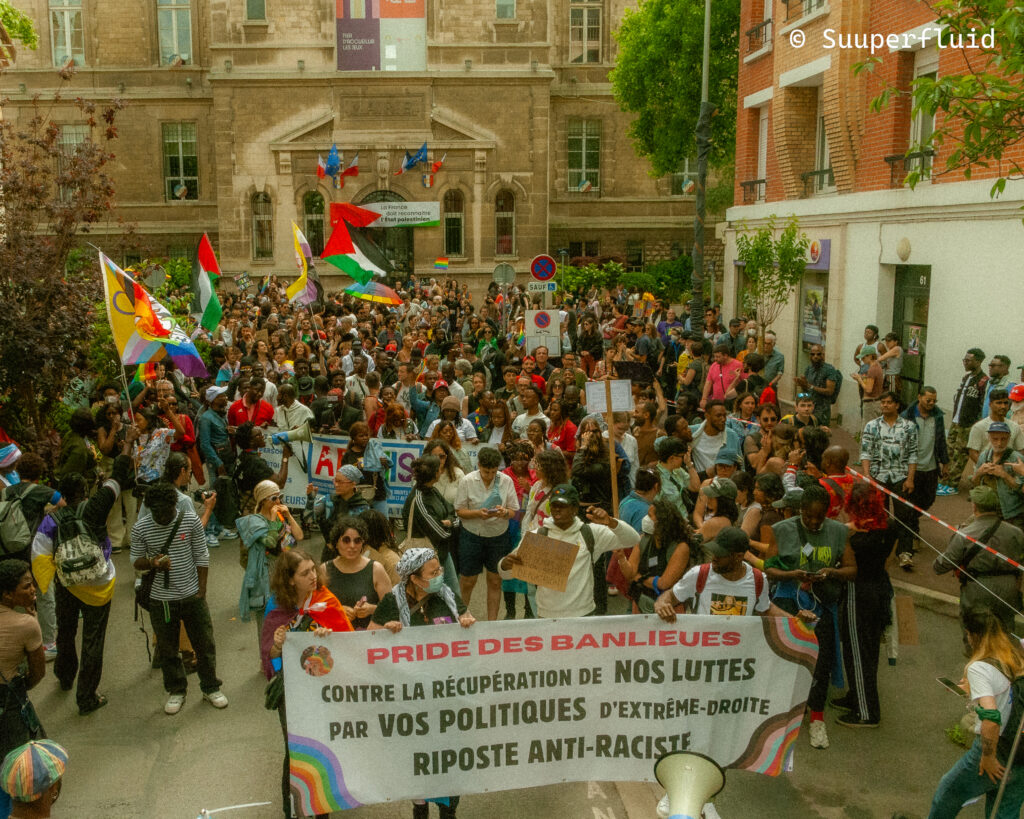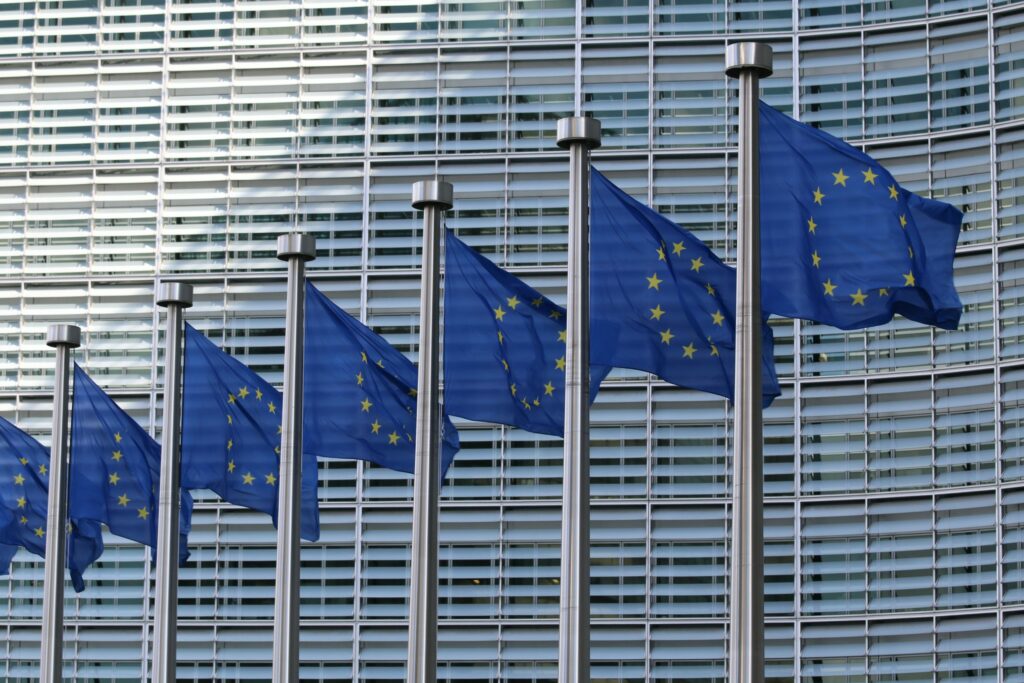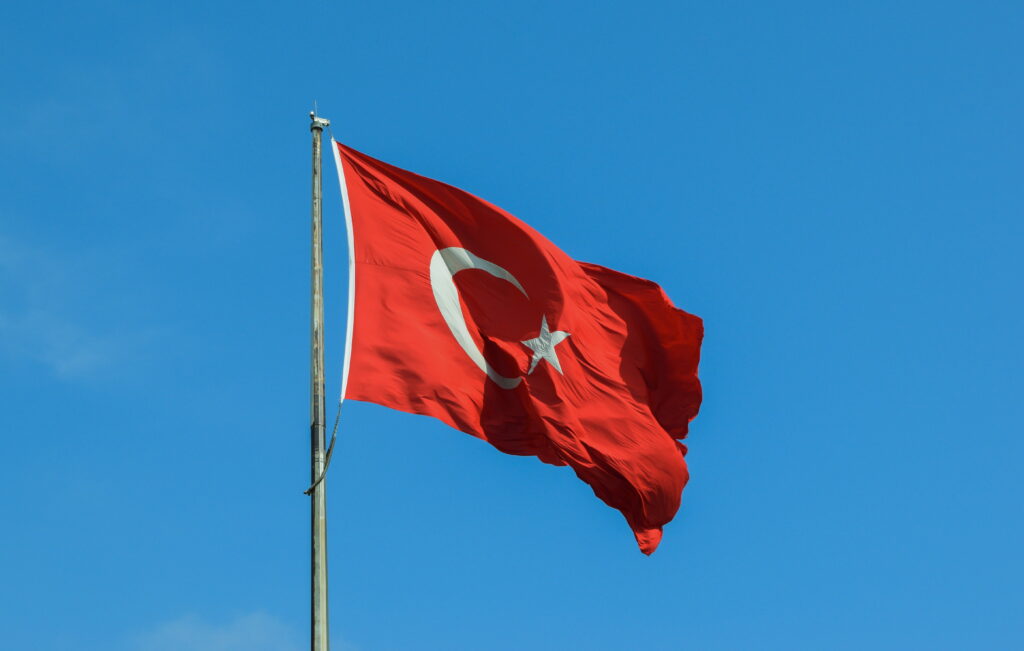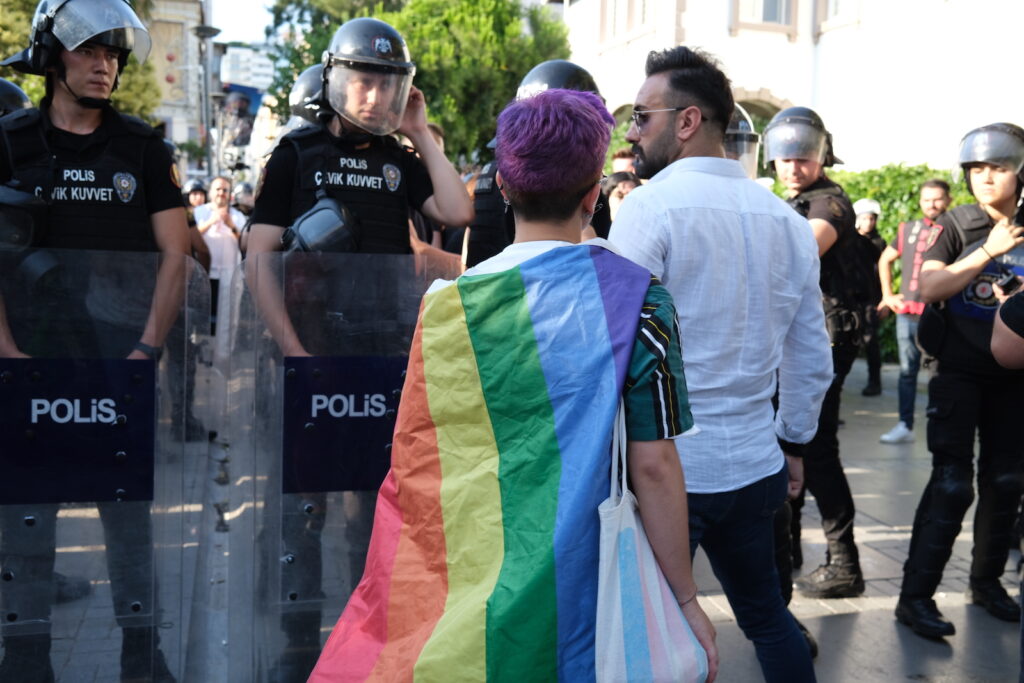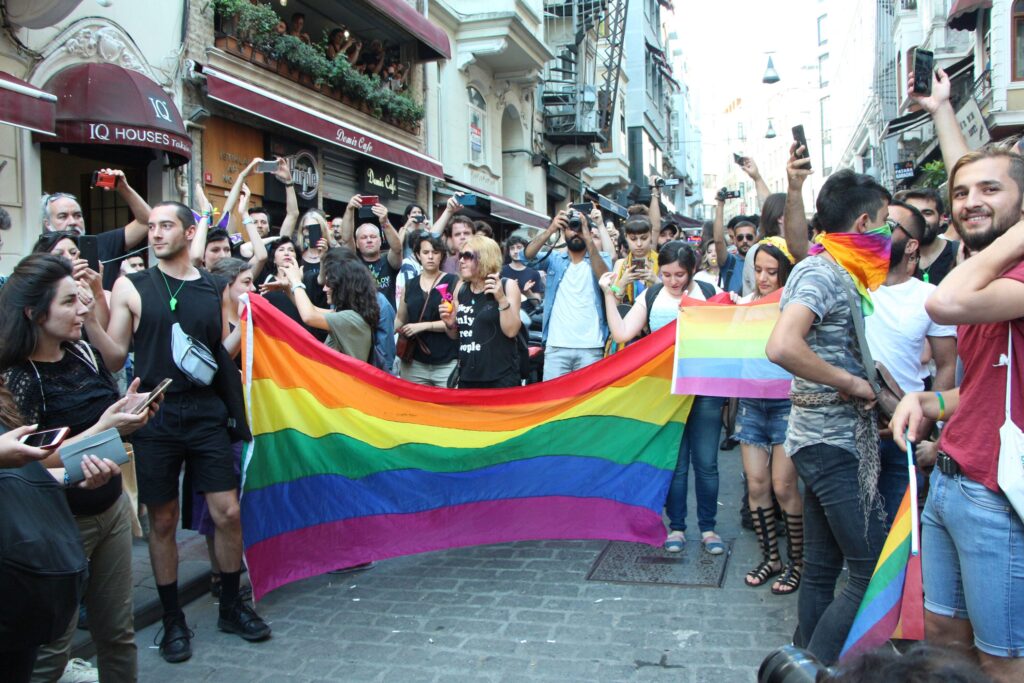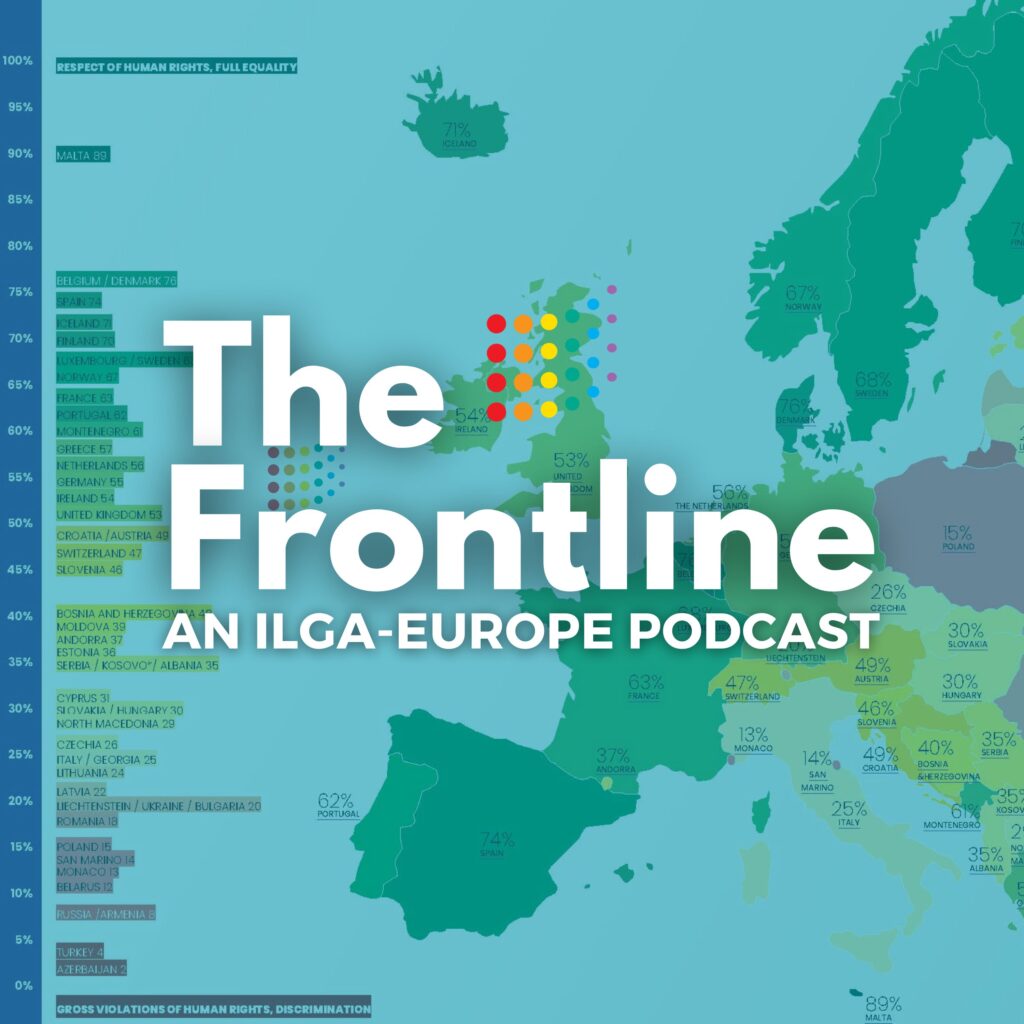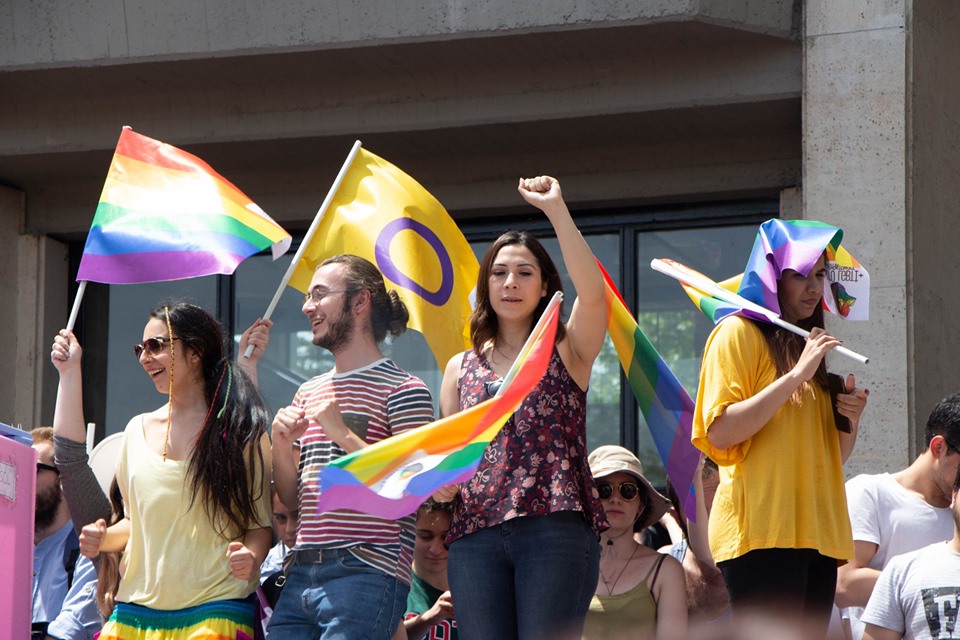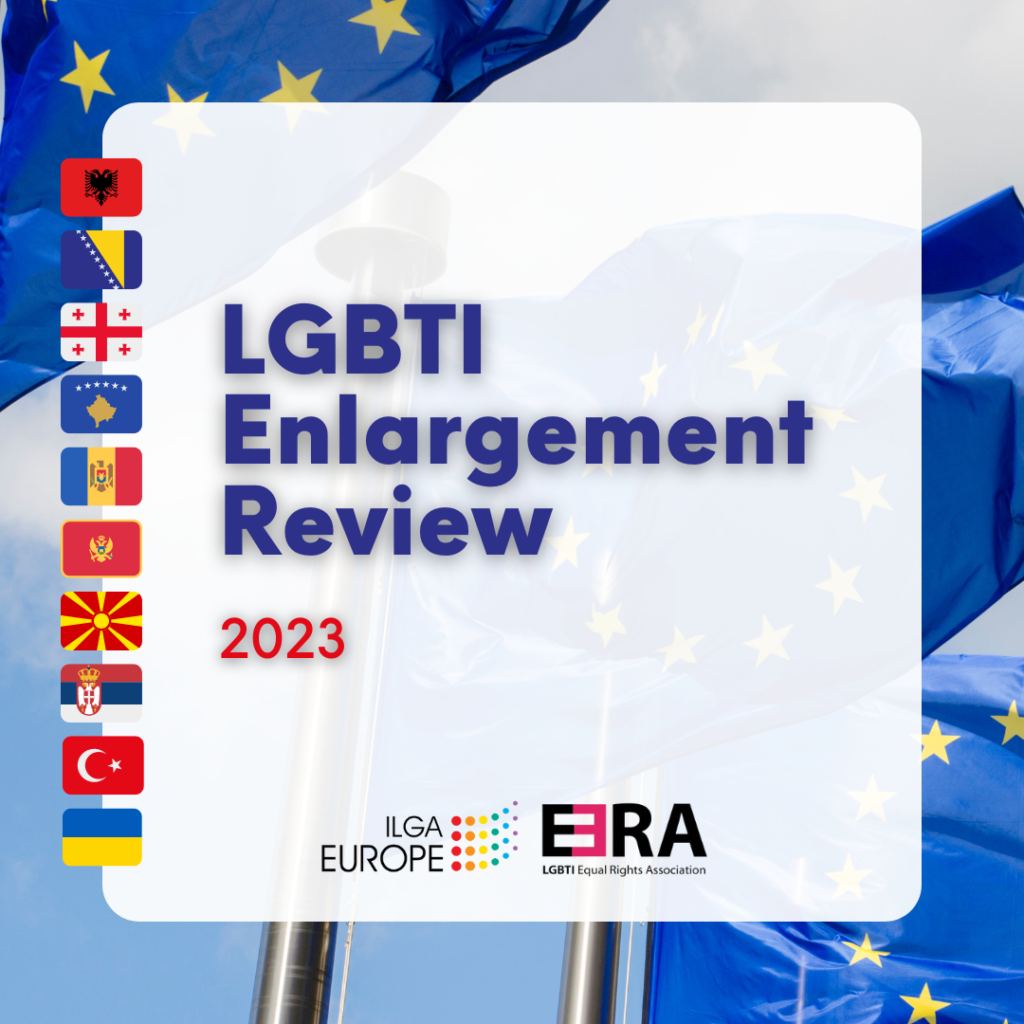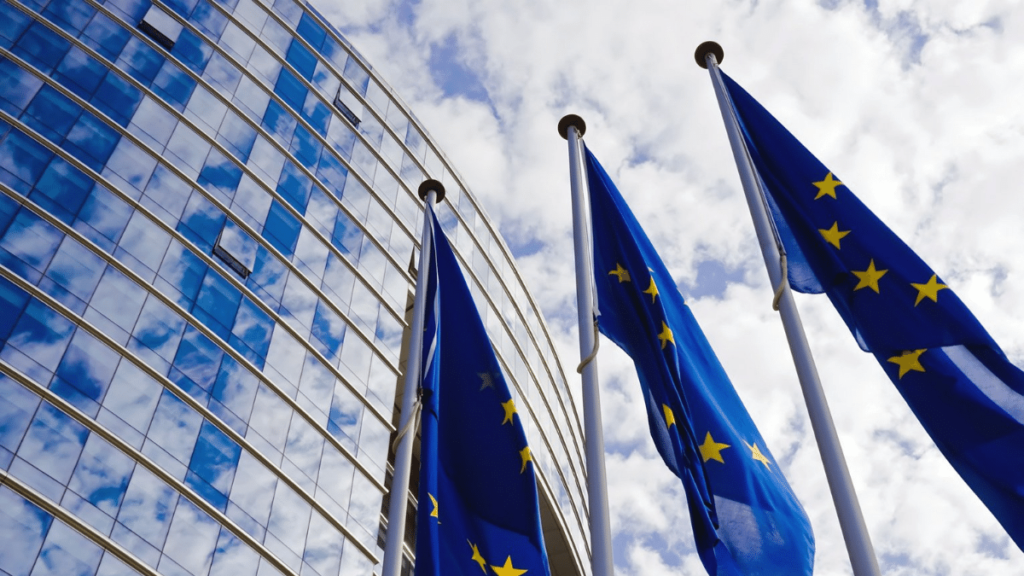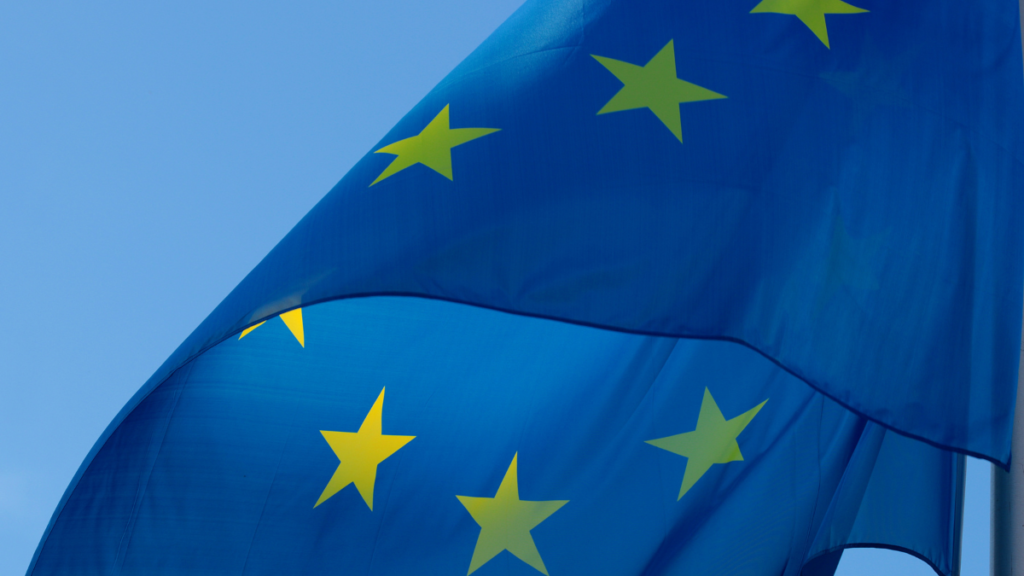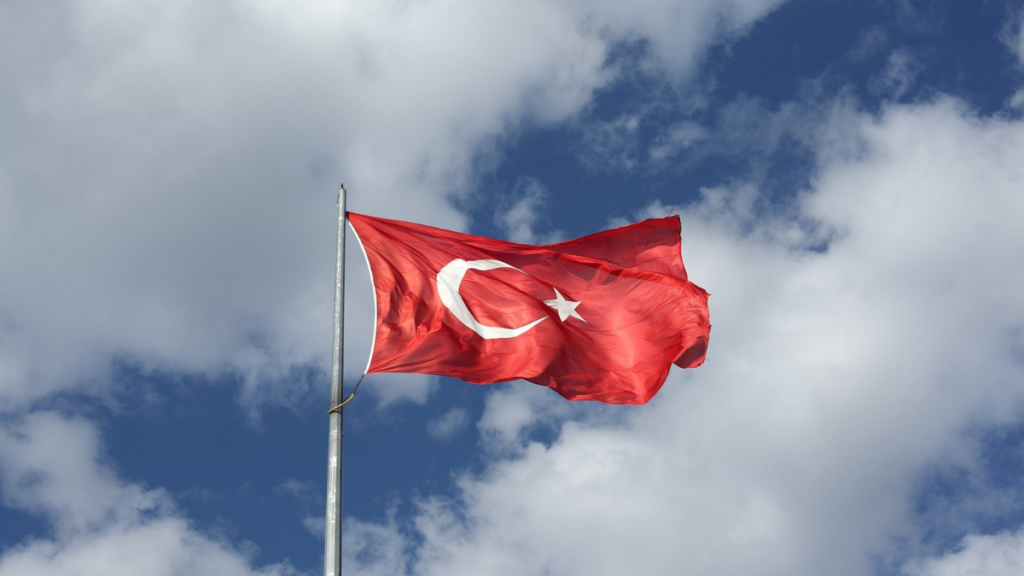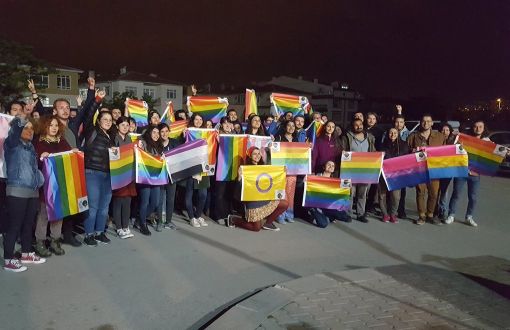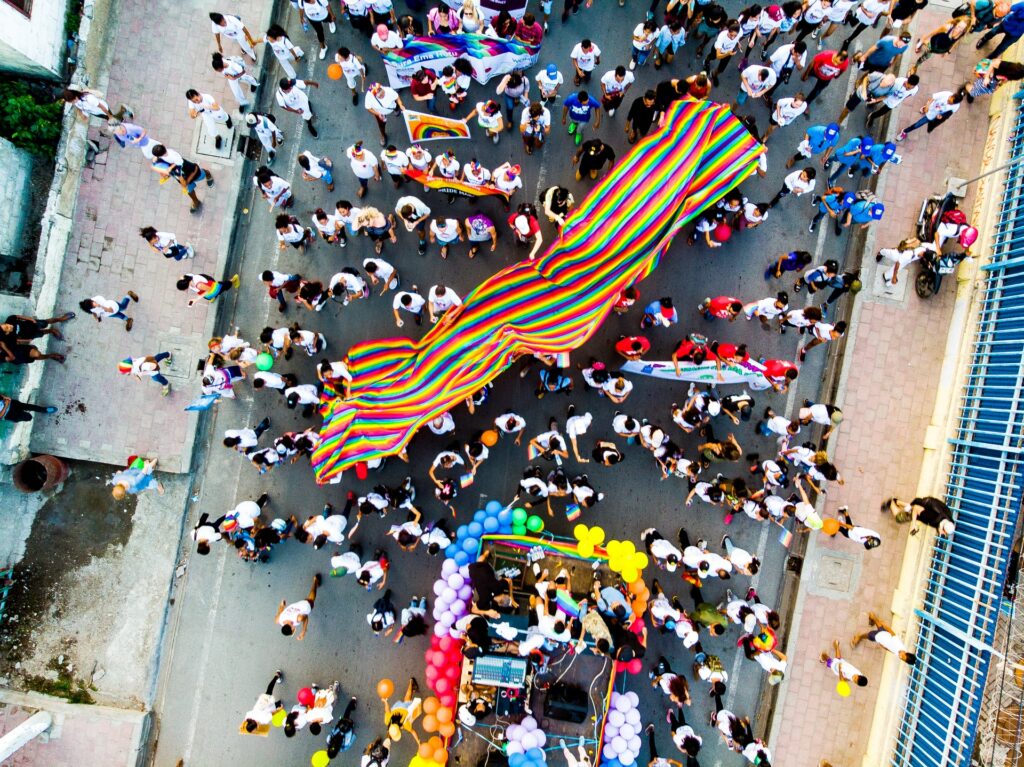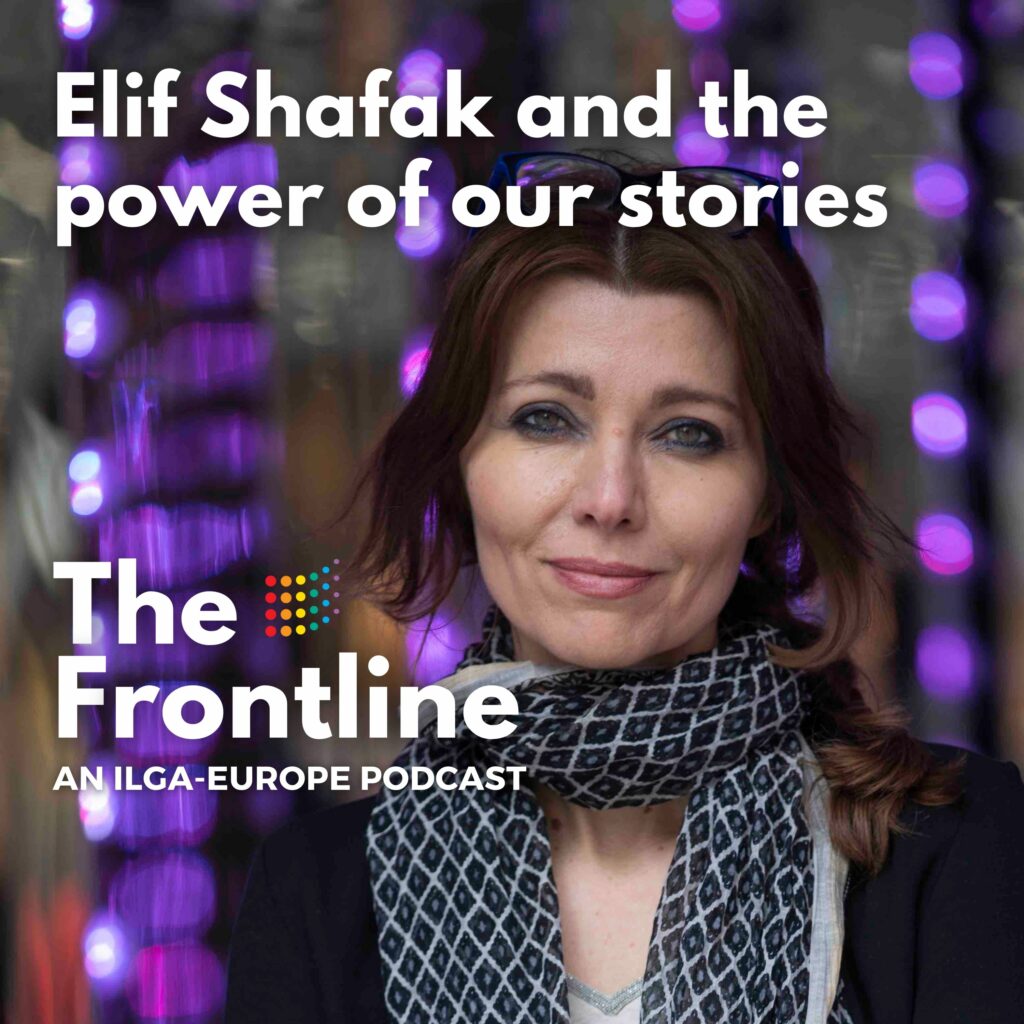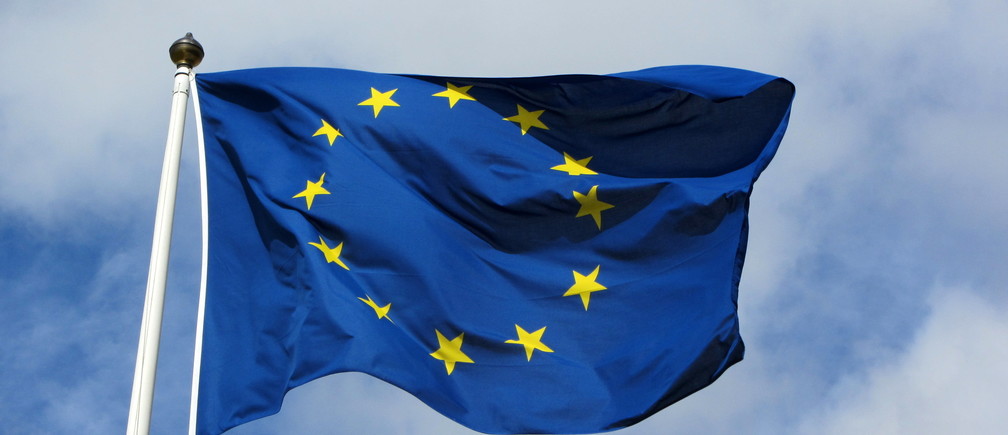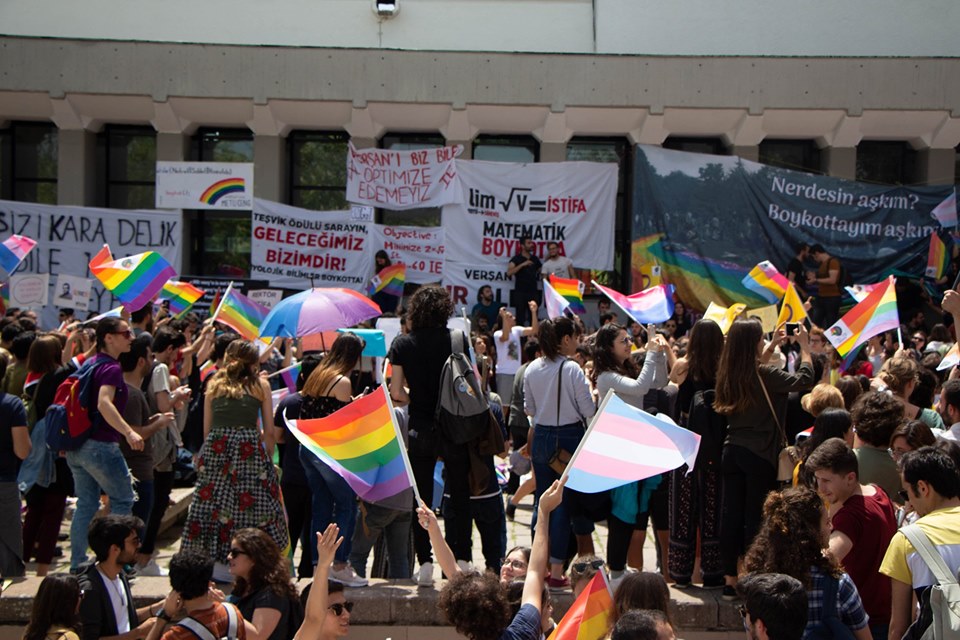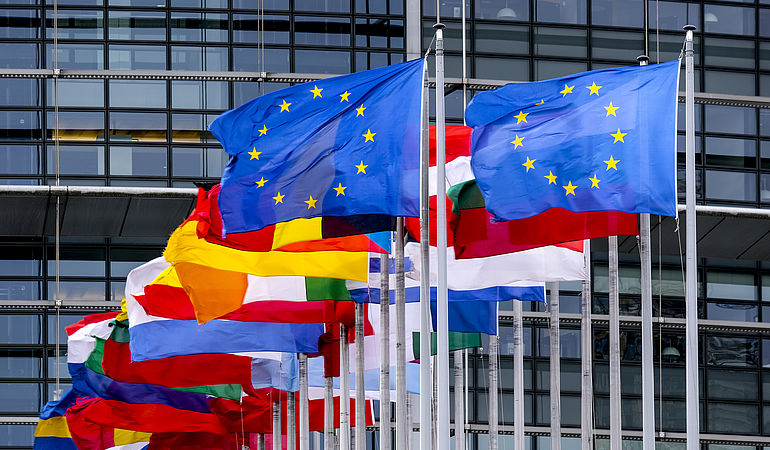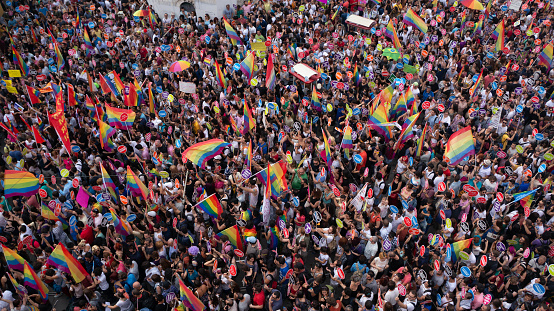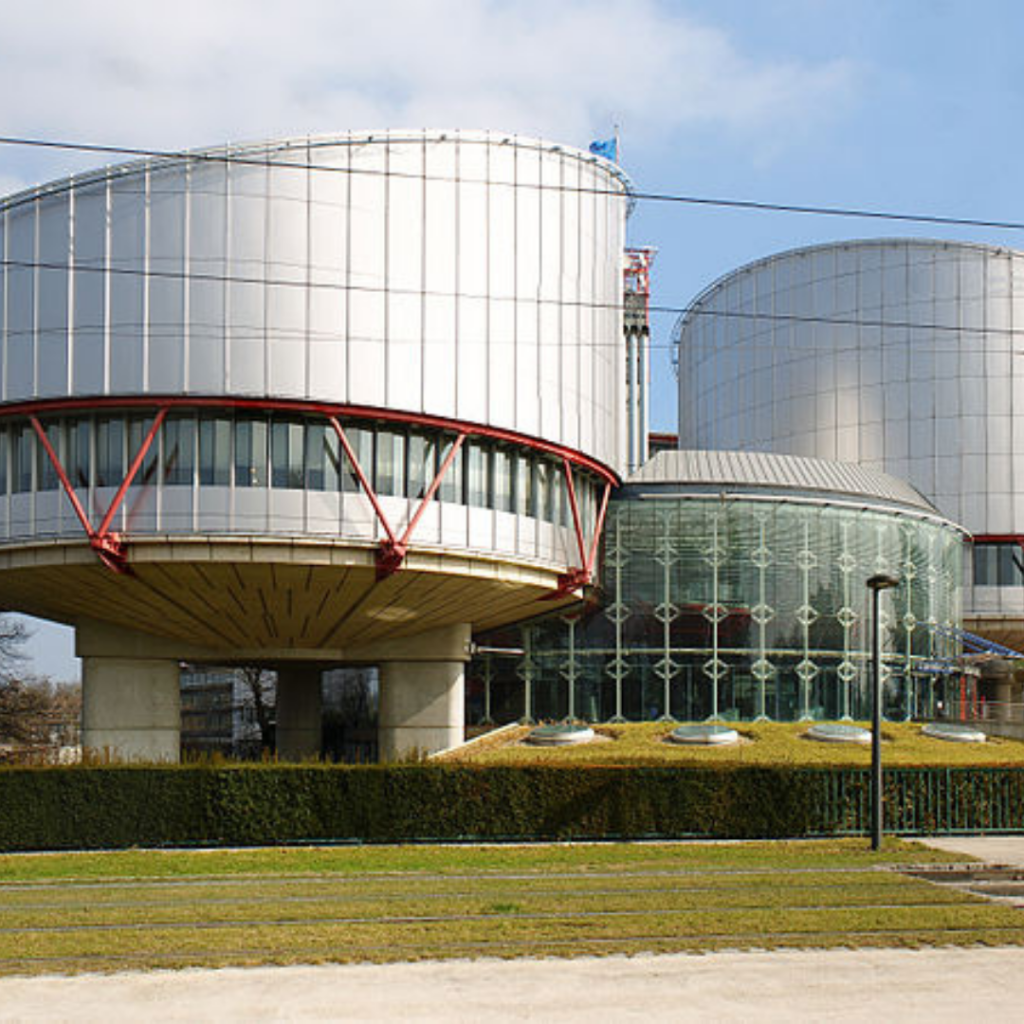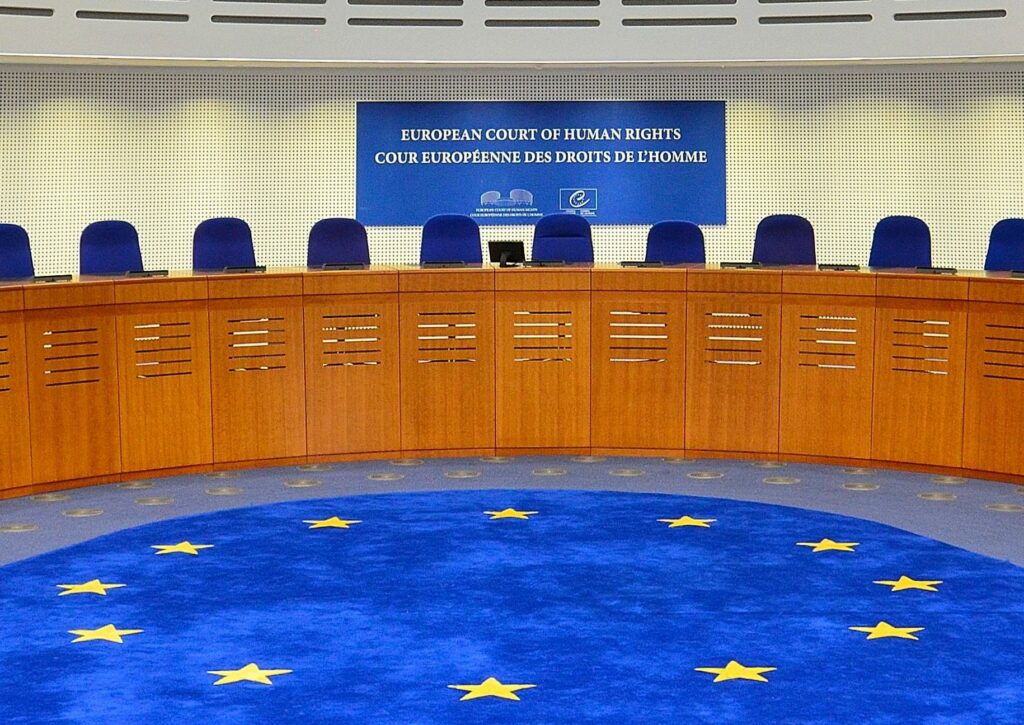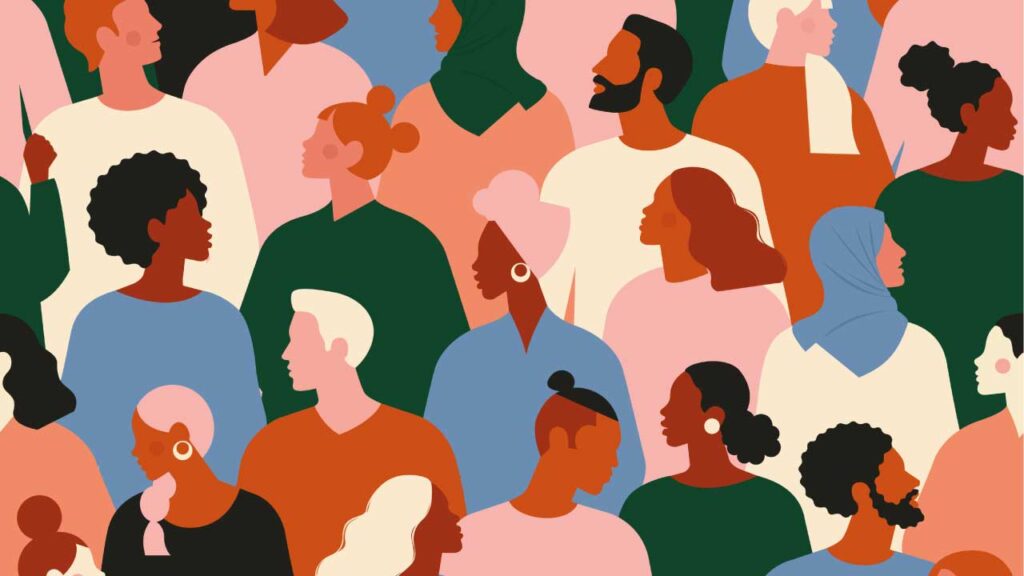Turkey
Categories Score
The full bar chart stands for 100%, and is filled by the country category score. The colour display uses the traffic light palette, with Green representing a score closer to 100% and Red a score closer to 0%.
ASYLUM
This category looks into laws that expressly include SOGISC as a qualification criteria for seeking asylum. We also take into account other legislation, policies, instruction or positive measures by state actors that are related to asylum addressing the needs and rights of LGBTI asylum seekers and refugees.
Criteria Compliance Ratio
Each pie charts stands for a category and is divided in slices by criteria. When a country complies with a criteria – fully or in some regions – the slice is coloured.
Keep in mind the criteria have different weighting factor within a category; for example, the criteria Prohibition of medical intervention without informed consent (intersex) stands for half (2.5%) of the INTERSEX BODILY INTEGRITY category weighting factor (5%). Meaning that even if a country can only comply with this specific criteria within the category (1/4 total criteria) the category scores 50%.
More information on the categories and criteria weighting factors here.
Category & Criteria Table
The table lists detailed information and insights on legislation supporting each criterion status. Please use the filters for in-depth analysis.
n/a = not applicable, meaning the criteria didn’t exist in the previous Rainbow Map edition (PROGRESSION column)
- Complies
- Applicable in some regions only
- Does not Comply
RECOMMENDATIONS
In order to improve the legal and policy situation of LGBTI people in Turkey, ILGA-Europe recommend:
- Removing obstacles to the effective exercise of freedom of assembly and association for LGBTI organisations, and ensuring state protection and the safety of LGBTI human rights defenders.
- Removing obstacles to the effective exercise of freedom of expression at national and local levels.
- Introducing hate crime laws that explicitly cover all bias-motivated crimes based on sexual orientation, gender identity, gender expression and sex characteristics.
Annual Review of Turkey
In our Annual Review of the Human Rights Situation of LGBTI People in Europe and Central Asia, we examine the advances made and provide concrete examples of on-the-ground situations at national level country-by-country in the 12 months from January to December 2024.
Read our Annual Review of Turkey below for more details and stories behind the Rainbow Map. You can also download the Annual Review chapter (.pdf) covering Turkey.
-
In April, Turkey’s Treasury and Finance Ministry denied claims that the cooperation loans between Turkey and the World Bank would be linked to the Istanbul Convention or LGBTI issues. The Ministry stated that the loans will focus on sustainable growth, poverty reduction, and support for vulnerable groups affected by green transformation and financial barriers.
-
During five months in a removal centre, a refugee trans woman was subjected to violations of her fundamental rights. Notably, she was kept in a single ward, could not benefit from social areas, could not access HIV medication, and faced discriminatory behaviours. After her release, her identity and health insurance were cancelled, leaving her unable to access vital medication while awaiting deportation.
In Adana, a refugee trans woman’s HIV status was disclosed on social media without her permission and she was subjected to intense hate speech. It was alleged that she was killed after being deported to Syria.
-
In January, the Human Rights Association (İHD) filed a criminal complaint with the Ankara Chief Public Prosecutor’s Office against Fatih Erbakan, the General Chairman of the Yeni Welfare Party.
The complaint derived from a video released by the party which incited hatred and discrimination against LGBTI people.
In May, Devlet Bahçeli, leader of Turkey’s Nationalist Movement Party, described the appearance of Nemo, the non-binary winner of Eurovision’s 2024 edition, as “embarrassing degeneracy” and rejected it as a form of modernity. Following Bahçeli’s statement, President Erdoğan further criticised the event, accusing its organisers of promoting “gender neutralisation” and threatening Turkish families by providing a platform for LGBTI performers.
In June, President Erdoğan condemned LGBTI movements, equating their advocacy to the imposition of fascism and arguing that their presence undermines the family structure and contributes to declining birth rates. In response to the statement, associations working with families of LGBTI people issued an open letter to President Erdoğan, demanding an end to policies threatening their family status and calling for a direct dialogue between authorities and civil society.
In June, members of the Republican Women’s Association gathered in Konak Atatürk Square, Izmir, to collect signatures for a proposed law banning LGBTI ‘propaganda’.
In September, the Radio and Television Supreme Council (RTÜK) came under scrutiny for broadcasting the promotion of an anti- LGBTI march as a “public service announcement” on its official website. The march, organised by the Big Family Platform, was scheduled to take place on September 15 in Istanbul under the slogan “Stop this inhuman incursion.” A promotional video accompanying the event portrays the fundamental rights and freedoms of LGBTI people as “socio-cultural terror” and includes footage from the opening ceremony of the Paris Olympics, directly targeting the LGBTI community.
Various organisations, including the IHD Ankara Branch LGBTI Rights Commission, GALADER, DEMOS, SODAP, and DEM Party MP Özgül Saki, issued statements opposing the march and condemning the spread of hate.
In November, the first meeting of the Council for the Protection and Strengthening of the Family, organised by the Ministry of Family and Social Affairs, featured several anti-LGBTI statements from government officials. The Minister of Interior referred to LGBTI people as “deviants” and labelled them as one of the greatest threats to the family. The Minister of Family spoke about a global responsibility to combat “desexualisation,” which she described as a “harmful trend against the family.” The President of Religious Affairs described marriage equality as part of a “global siege of the family” and referred to LGBTI rights as a “perverted understanding.”
In November, President Erdoğan spoke at the TRT World Forum 2024, where he targeted LGBTI people, referring to them as “the enemy of the family.” He criticised media representations of diversity, alleging that they “normalise deviant and perverse relationships.” At the fourth International NGO Fair, Erdoğan further implied that LGBTI rights are not human rights and reiterated his government’s opposition to what he called “the anti- family structure called LGBT.”
-
In March, a lawsuit was filed against former Istanbul Security Branch Director Hanifi Zengin. The lawsuit stemmed from the beating and forced detention of Ekinsu Danış, an advisor to Labor Party (EMEP) Istanbul Deputy İskender Bayhan, during a Women’s Rights protest.
In Alsancak, a trans woman was attacked by a group of men in the street, receiving no intervention from police or bystanders. Public reaction questioned the lack of police presence and the fact that, despite being detained, the attackers were released shortly after their statements were taken.
In June, the legal battle concerning the 2008 homophobic murder of Ahmet Yıldız reached its 40th hearing, drawing significant attention from the media and representatives of LGBTI organisations. Despite the case stretching into its 16th year with numerous changes in judiciary personnel, the primary suspect, Ahmet’s father, remains a fugitive. The next hearing is scheduled for April 17, 2025.
In July, In Izmir, a trans woman was killed in a knife attack at her home. She received nearly 50 stab wounds in the attack, 27 of which were fatal. The perpetrator is under arrest for attempted premeditated murder.
In November, a trans woman in Samsun was assaulted and robbed of her jewellery. The attacker justified his actions by claiming that the victim had mocked his masculinity, a defence often used to excuse violence against LGBTI people.
-
In November, the Turkish Medicines and Medical Devices Agency introduced a new regulation requiring an e-prescription to access certain hormones. The regulation specifically affects hormones used by trans masculine individuals, as well as those used to treat diabetes. While the regulation is aimed at standardising the distribution and use of hormones to ensure safer procurement and treatment, it highlights the existing barriers to healthcare for trans people, particularly in accessing trans-specific healthcare services.
-
In May, despite the recommendations from the Turkish Medical Association, the Ankara Yıldırım Beyazıt University Faculty of Medicine modified the oath at a graduation ceremony. The new oath removed references to “gender, sexual orientation, and ethnicity,” which are crucial for non-discrimination as per the Declaration.
In June, similar acts of censorship occurred at Bolu Abant İzzet Baysal University and Ordu University. At Bolu Abant İzzet Baysal University’s Faculty of Medicine, the dean’s office prohibited the inclusion of references to sexual orientation in the ‘Physician Oath’ before the graduation ceremony. At Ordu University’s Faculty of Medicine, during the graduation ceremony on June 27, the oath was similarly censored.
In June, President Erdoğan introduced a new school curriculum focusing on family values and moral order. The curriculum received criticism from teachers’ unions, who argued it promotes Islamisation of education.
-
In May, it was revealed that Mey alcohol expressed its support to LGBTI initiatives and its willingness to sponsor the KuirFest, organised by the Pembe Hayat LGBTI Solidarity Association.
In May, the Provincial Civil Society Communications Office imposed fines on board members of the May 17 Association. The fines were justified through claims that international network membership fees and foreign services should be declared under the national foreign grant system.
In June, the Constitutional Court ruled that LGBTI activist Efruz Kaya had their right to privacy under Article 8 of the ECHR violated when their request to the Criminal Judgeship of Peace to remove targeted LGBTI-phobic content from various media outlets was rejected. Kaya was targeted by derogatory content from Yeni Akit and other media outlets after participating in an event about the Trans Day of Remembrance on 20 November 2019. The court granted an access ban on content with derogatory character and awarded Kaya 10,000 TL (270 Euro) in compensation for moral damages.
In June, the Turkish Radio and Television Corporation World prepared a documentary titled “True Colours.”
The documentary portrayed the LGBTI movement as “imported from the West” and perpetrating false information about LGBTI individuals.
The Presidency of Religious Affairs has unveiled a Four-Year Strategic Plan that designates LGBTI identities as “gender-based deviant ideologies that threaten the family.” As part of the Plan, a budget of 2 million TL (54,000 Euro) was allocated to fund a campaign against LGBTI people and other activities aimed at promoting this agenda.
In October, the Turkish delegation to the United Nations Human Rights Committee stated that LGBTI people are seen as a “threat to the family structure” in Turkish society.
-
In May, the Ministry of Family and Social Services unveiled its Vision Document and Action Plan for the Protection and Strengthening of the Family. The plan characterised LGBTI people as part of “harmful trends and habits” that pose a threat to the family unit, and describing them as components of a “desexualisation project.”
The Action Plan outlined several strategic objectives, including “increasing international efforts to defend and reinforce the family,” “protecting family values in media and digital platforms,” and “promoting and expanding access to family-friendly media content.”
Sabah newspaper reported that the Ministry of Family and Social Services is drafting a detailed roadmap for implementing the Action Plan.
In September, President Recep Tayyip Erdoğan addressed the 79th General Assembly of the United Nations, where he declared, “The issue of desexualisation is no longer a matter of orientation but a global imposition, a war against the sacred and against human nature.”
In September, the final report from the “Family Institution Workshop,” organised under the leadership of Nationalist Movement Party (MHP) Chairman Devlet Bahçeli, was released. During the event, MHP Deputy Chairman Ahmet Selim Yurdakul presented proposals for anti-LGBTI constitutional amendments. Yurdakul advocated for revising the definition of family in the Constitution, suggesting that it should explicitly include the terms “woman” and “man” to reinforce a traditional understanding of family structure. Following the release of the report, MHP Deputy Chairman Ahmet Selim Yurdakul outlined the party’s anti-LGBTI stance. In a statement to the press, Yurdakul referred to the LGBTI community’s calls for equality, freedom, and justice as “propaganda” and a “threat.”
In October, the 2025 Central Government Budget Proposal, signed by President Erdoğan, was submitted to the Grand National Assembly of Turkey (TBMM). Discussions on the proposal began on October 22 in the TBMM Plan and Budget Commission and are expected to continue for about two months. The budget includes an allocation of 16 billion liras for the “protection and strengthening of the family.”
-
In February, following a call to action by the Istanbul Trans Pride Week Committee, the Kadıköy District Governorate imposed a one-day ban on demonstrations and gatherings, detaining several LGBTI people who attempted to make a press statement despite the ban.
On February 14, the first hearing of the case against 18 people detained during the 2023 Pride Week in Eskişehir took place. Participants emphasised that unlawful bans, which have been in place since 2015, were once again enforced, resulting in the unjust detention of the rights defenders.
In February, the Istanbul Criminal Court issued arrest warrants for two foreign students and ordered that five others be forcibly brought to the next hearing in connection with their participation in the 2022 Pride March at Boğaziçi University.
In late February, Turkish police fired tear gas and rubber bullets to disperse around 50 people who had gathered near Taksim Square in Istanbul to advocate for trans rights.
In March, a number of people gathered for the Feminist Night March in Sıraselviler, near Istanbul’s Taksim Square. In response to the gathering, authorities blocked off several streets to vehicle traffic, conducting identity checks at various crossings and preventing passage.
In March, the Council of Europe Commissioner for Human Rights issued a memorandum noting that the right to peaceful assembly in Turkey had been significantly undermined by systematic bans, excessive use of force, mass arrests, and frequent criminal charges against demonstrators. The memorandum specifically pointed out that these restrictions have disproportionately targeted events organised by or in support of LGBTI people, women, and environmental human rights defenders.
In Istanbul, local authorities banned events related to Pride week, using the term ‘illegal groups’ for LGBTI organisations in its decision to ban the march. On the day of the march, the Istanbul Governorship announced the closure of Taksim-Şişhane metro stations and the Taksim-Kabataş Funicular Line, forcing activists to shift the march to Bağdat Street in Kadıköy. The march lasted about ten minutes before police intervention, leading to the arrest of 11 individuals, including three minors who were handcuffed in violation of the Child Protection Law. All were released after eight hours.
In December, a criminal case was opened against eight of the involved people and the first trial was set for 8 May 2025 by the Istanbul Anadolu Assize Court under the charge of “participating in unlawful meetings and demonstrations”.
In Ankara, during the June Pride march, the Pride committee rerouted their path to evade police interference, resulting in no detentions.
In Eskişehir, ten activists were subjected to torture after being detained at a Pride March. Four of these activists were initially brought to court with a demand for their arrest, but they eventually were released under judicial control.
In Antalya, protests and events related to Pride week were banned by the authorities. Nonetheless, on July 14, the Pride march took place before being attacked by police, who arrested four participants.
In November, several demonstrations in Turkey were met with police repression. For instance, police blocked a demonstration in Ankara marking the International Trans Day of Remembrance, which honors victims of transphobic violence. Four people, including a member of the Ankara Bar Association, were arrested.
On November 23rd, police intervened in a protest in Istanbul against a new e-prescription regulation affecting hormone access (See also under Bodily Integrity), detaining 38 individuals. They were later released after providing statements to the police.
During the International Day for the Elimination of Violence Against Women, protests erupted across Turkey. In Istanbul, the Governor’s Office banned all demonstrations for the day, and police action led to the arrest of 169 people. While most of those arrested were released, two LGBTI persons from Azerbaijan were taken to repatriation centres and, after being subjected to severe ill-treatment, including being denied food and medications, they were forced to “voluntarily return” to Azerbaijan.
In December, a lawsuit was filed against eight people who participated in the 22nd Istanbul Pride march on June 30, 2024, for allegedly violating the Law No. 2911 on Meetings and Demonstrations. The indictment referred to the participants as “LGBT people” and described the Pride march as a “so-called” event. The first hearing is scheduled for 8 May 2025 at the Istanbul Anatolian Courthouse.
-
In February, the Constitutional Court ruled that the 2020 access ban on the LGBTI dating network Hornet violated freedom of expression.
In May, the concert of a popular Turkish band at Gaziantep University was cancelled following a hate campaign by the New Welfare Party, which accused the band of supporting LGBTI rights.
On May 22, the Ministry of Family and Social Services officially classified three books with LGBTI themes as “obscene publications.” The Ministry stated that the books “might adversely impact the spiritual and developmental growth of minors under the age of 18.”
In July, LGBTI activist İris Mozalar was detained during a home raid for allegedly ‘inciting hatred and animosity among the public.’ She has since been released. The raid stemmed from Mozalar’s social media posts, in which she criticised the targeting Syrian-owned businesses and vehicles in Kayseri, condemned the violence against refugees, and called for an inclusive society where all individuals in Turkey could “live happily and equally.”
In October, it was revealed that the website of the LGBTI organisation KaosGL.was blocked under the “family” and “child” categories of the Information and Communication Technologies Authority’s (BTK) Safe Net project. Although KaosGL was not formally notified of this decision, an inquiry on guvenlinet.org confirmed that the block had been in effect since September 18 and was justified by authorities as being in line with constitutional provisions aimed at protecting families and children.
In November, the Governor of Istanbul’s Kadikoy district banned a screening of the movie, “Queer”, which was set to be the opening film at the MUBI Fest İstanbul 2024.
In December, the Media and Law Studies Association (MLSA) reported that the Radio and Television Supreme Council (RTÜK) imposed fines amounting to 568,000 TL (15,000 Euro) on broadcasts featuring LGBTI content between January 2023 and June 2024. The fines were justified under claims of protecting “national and moral values” and “the family.” The report also criticised RTÜK for broadcasting anti-LGBTI hate rallies as public service announcements, while penalising digital platforms like Netflix and Disney+ for LGBTI-themed programmes.
-
In March, the first hearing concerning the arrest of 11 people who had gathered in Kadıköy’s Yeldeğirmeni District before the Istanbul Pride March in 2022 took place. While the defendants were charged with violating the Law on Meetings and Demonstrations, they described facing disproportionate physical violence, including being handcuffed, beaten, and verbally abused.
-
In March, following a district governor’s order, police sealed the homes of trans women on Bayram Street in Istanbul’s Beyoğlu district. Bayram Street has been a vital refuge for trans women for decades, and the sealing left many trans people homeless. Following the decision, police also prevented a public iftar from taking place on Bayram street and nine people, including former Pink Life Association President Buse Kılıçkaya, were detained. Police also deleted footage taken by journalists.
In July, a trans woman in İzmir was forced to move after enduring severe transphobic and homophobic attacks from her neighbours, who also acted as apartment managers. She recounted that they cut off her water and electricity and made living conditions intolerable.
-
In May, the final hearing of the Kobanê case confirmed the 16-year prison term of LGBTI activist Cihan Erdal, who was initially in 2020.
-
In August, the ECtHR announced that it would review two combined cases filed by Kaos GL, a Turkish LGBTI rights organisation, challenging the bans on LGBTI marches imposed by Turkish authorities in 2016 and 2017.
Kaos GL turned to the ECtHR claiming that the ban on a 2016 Pride March and the subsequent indefinite prohibition on all LGBTI events during the state of emergency in 2017 infringed on fundamental freedoms such as assembly, association, and non- discrimination.
Turkey was initially expected to respond to the ECtHR queries or propose a friendly settlement by October 1, 2024. However, the deadline has been extended to January 12, 2025, with no response from the government as of now.
Turkey was initially expected to respond to the ECtHR queries or propose a friendly settlement by October 1, 2024. However, the deadline was extended to January 12, 2025. The Turkish government has since submitted its response, denying discrimination and citing “security concerns” as the basis for the bans. The government also claimed that some events were allowed during the ban period, though this is contradicted by evidence of police intervention and court rulings deeming such actions unlawful.
In the meantime, ILGA-Europe and SPoD have jointly submitted a third-party intervention, along with six other Turkish organisations who also submitted their interventions on the case.
-
In December, media outlets targeted Samsun Ondokuz Mayıs University over gender reassignment surgeries, labelling them as “murder” and calling for a ban. Doctors involved in these surgeries were criticised by the same media outlets.
-
Turkey’s Culture and Tourism Ministry has withdrawn support from the Istanbul Film Festival after pro-government media and social media users started criticising sponsors for featuring LGBTI themed movies.
Reacting to LGBTI films being featured on the Medyascope website, the Radio and Television Supreme Council (RTÜK) President Ebubekir Şahin asserted that he would continue fighting “against productions that contradict beliefs, culture, customs, and traditions”.
In May, a beauty contest exclusively for trans people in Antalya gained significant attention when a video went viral on social media, becoming a trending topic.
The exhibition “Dön-Dün Bak: A Look Back at the History of the Trans Movement in Turkey,” was banned in early July following an official notice from the Beyoğlu District Governor’s Office. The exhibition, organised by the Trans Pride Week Exhibition Collective, was scheduled to run until July 27th at Depo İstanbul in Beyoğlu.
-
In February, the legal proceedings filed against those responsible for targeting the 2022 Pride Week in Gaziantep were initially stalled at the Prosecutor’s Office, and later at the Gaziantep 5th Criminal Court of Peace. The Prosecutor eventually chose not to pursue the case, a decision that was appealed by rights advocates. However, the court sided with the Prosecutor and dismissed the appeal. In light of this, LGBTI rights advocates from Gaziantep Pride Week are now preparing to take the case to the Constitutional Court, seeking a resolution.
In May, a report by Media and Law Studies Association (MLSA) highlighted episodes of police brutality against LGBTI people during the 2022 Ankara Pride March. The report documented physical assaults by officers, including kicking and slapping, as well as excessive use of force, such as using pepper spray at close range.
-
In April, Again Welfare Party (Yeniden Refah Partisi) became the third party in the local elections held on 31 March 2024 and won 65 municipalities. In the 24-point ‘moral municipalism’ protocol of the Again Welfare Party, it is stated that “The LGBT project, which threatens our generations, will be fought in the most effective way, and necessary work will be carried out to protect our youth and children from this disaster.”
The full Annual Review for 2025 is available here.



